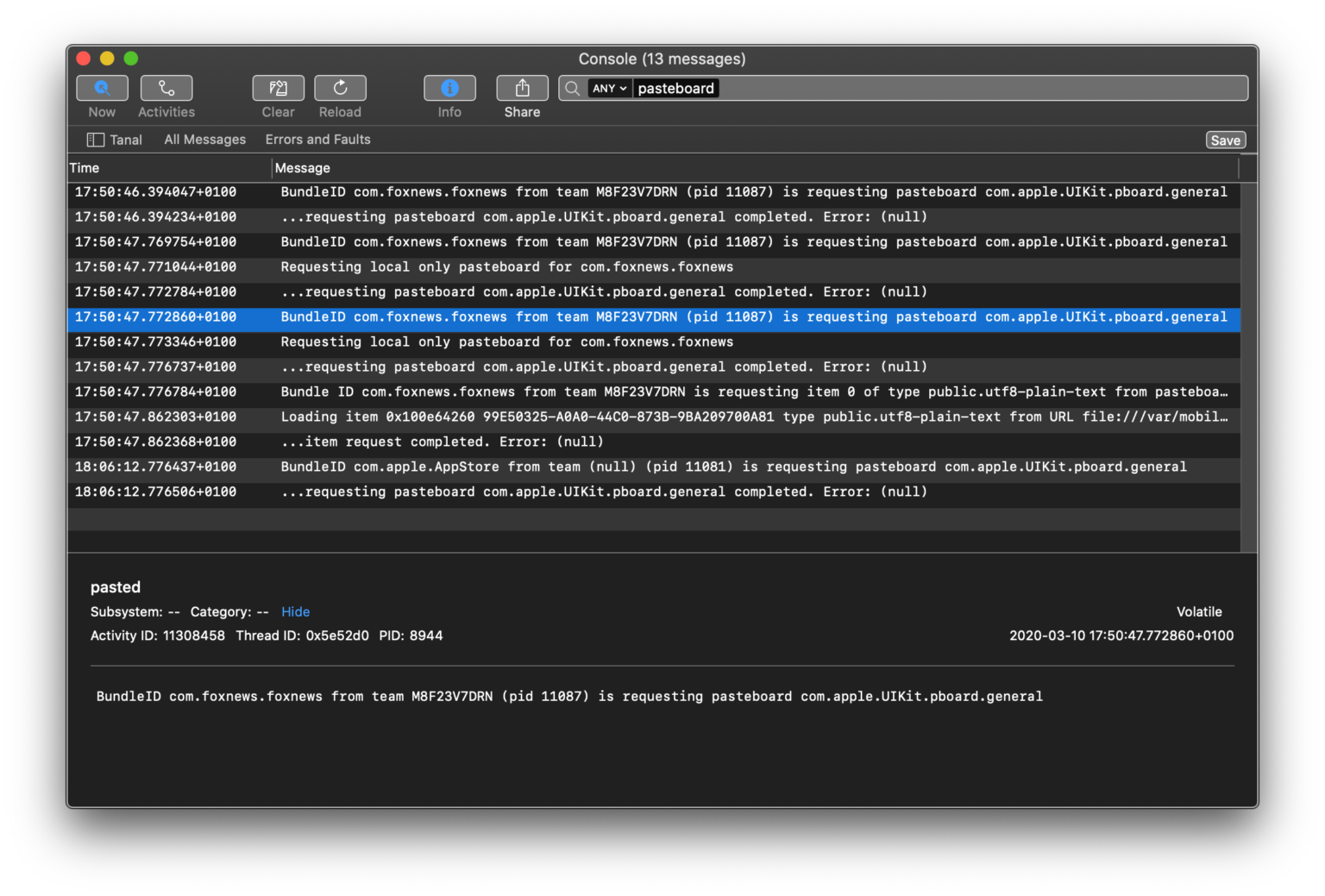
According to new research by Talal Haj Bakry and Tommy Mysk, dozens of popular iOS apps are reading the contents of the pasteboard without user consent, which could include sensitive information.

The investigation discovered that many popular apps, such as TikTok, 8 Ball Pool™, and Hotels.com, quietly read any text found in the pasteboard every time the app is opened.
iOS and iPadOS apps have unrestricted access to the system-wide pasteboard, also known as the clipboard, as of iOS 13.3.
Text left in the pasteboard may be inconsequential, but it could also be highly sensitive data such as passwords or financial information. The potential security risks of this vulnerability have previously been investigated by Bakry and Mysk, where they found that precise location information was leaking through the system pasteboard.
A diverse range of apps, from popular games and social networking apps, to news apps of major news organizations such as Fox News or The Wall Street Journal, were examined using standard Apple development tools. Many of these apps do not provide any UI that manages text, yet they read the text content of the pasteboard every time they are opened.
It is also of note that if Universal Clipboard is enabled, an app may also access whatever has been copied on a Mac.
What exactly these apps do with the contents of the pasteboard once they have read it is unknown.
Article Link: Popular iPhone and iPad Apps Reportedly 'Snooping' on Pasteboard Data

